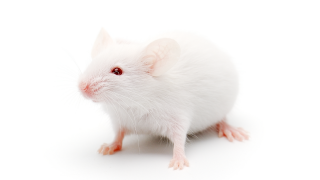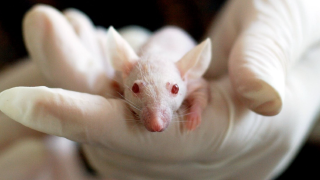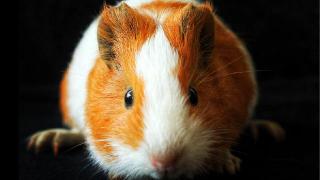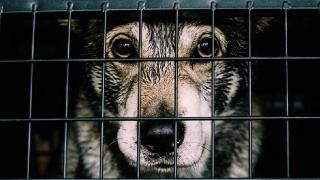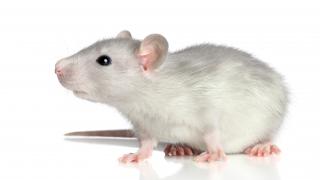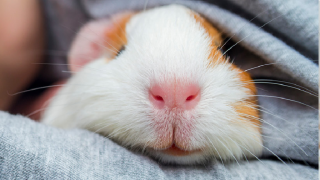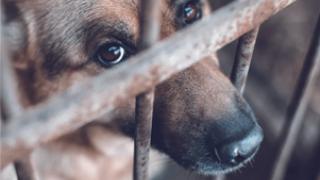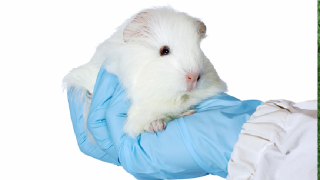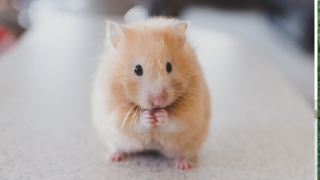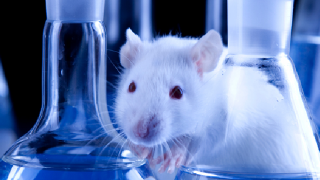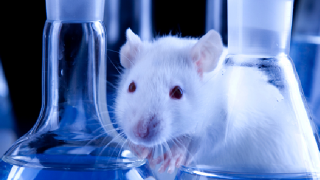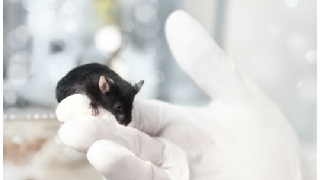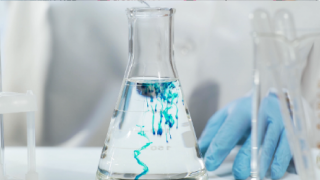
There are better and more humane ways to protect people and the planet
With the UK House of Commons Environment Bill Committee about to deliberate legislation shaping UK chemical safety rules post-Brexit, we are calling on MPs to ensure that from January 2021 the government has a pro-active plan to reduce and replace chemical tests on animals.
EU chemical legislation, REACH, has resulted in a huge increase in the use of animals in European and UK laboratories. Based on EU reports, we estimate that since 2006 over 2.6 million animals have been used in chemical tests across the EU, including the UK, with many more planned. The UK reports conducting more animal tests than any other country in Europe.
An amendment tabled in the Bill Committee calls for a targets-based strategy for reduction and replacement to be written into law.
Kerry Postlewhite, our Director of Public Affairs, says: “If the UK is serious about its commitment to animal protection then our government must adopt a forward-looking Environment Bill that moves away from cruel and ineffective animal testing. Animal testing is not the answer to protecting people and planet from potentially harmful chemicals.
“Tests on animals are unreliable and their value is increasingly being questioned in scientific literature. There are better ways to ensure chemical safety and better assess risks to human and environmental health while reducing and eliminating the suffering of animals in laboratories.”
More news on chemicals
EU REACH
Europe’s largest animal testing programme
UK REACH
Ending animal testing for chemicals in the UK
Ending toxicity testing on dogs and monkeys
subtitle: Help us end the use of dogs and monkeys in experiments
End the trade in primates
subtitle: Thousands of monkeys are traded globally for research
The MAP Campaign
subtitle: Make Alternatives a Priority in the US
Save the dogs
subtitle: Help us stop the use of dogs in experiments
Replace Animal Tests: The UK RAT List
subtitle: 5 animal tests that should be replaced
5 animal tests that should be replaced
Replace Animal Tests: The EU RAT List
subtitle: 10 animal tests that should be replaced
10 animal tests that should be replaced
Make Their Voice Count
subtitle: Pledge to #MakeTheirVoiceCount in this administration.
Animals don’t speak our language, but that doesn’t mean they don’t have anything to say.
Making North America cruelty free
subtitle: Ending animal testing for cosmetics in North America
Global Cosmetics Campaign
subtitle: Ending cosmetics testing around the world
Poll: 72% of EU citizens want a phase-out plan for animal tests
subtitle: The use of chemical agents within animal testing
Support the Humane Cosmetics Act
subtitle: Ask your US Representative to support the Humane Cosmetics Act.
If you live in the US you can help by contacting your US Senator and asking them to support the Humane Cosmetics Act
Help us #SendSurvivorsHome by supporting the CARE Act
subtitle: Ask your US Representative to support the CARE Act.
Over 200,000 dogs, cats, and rabbits are used in experiments each year in the United States. The Companion Animal Release from Experiments (CARE) Act will ensure that dogs, cats, and rabbits are placed in loving homes
Support the HEARTS Act
subtitle: Ask your US Representative to support the HEARTS Act
The HEARTS Act will prioritize the use of humane and effective alternatives to animals in experiments funded by the National Institutes of Health.

